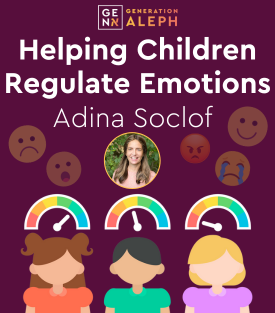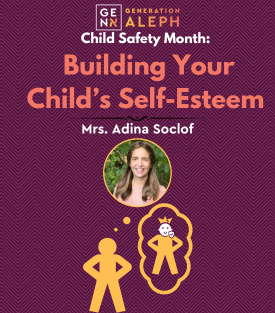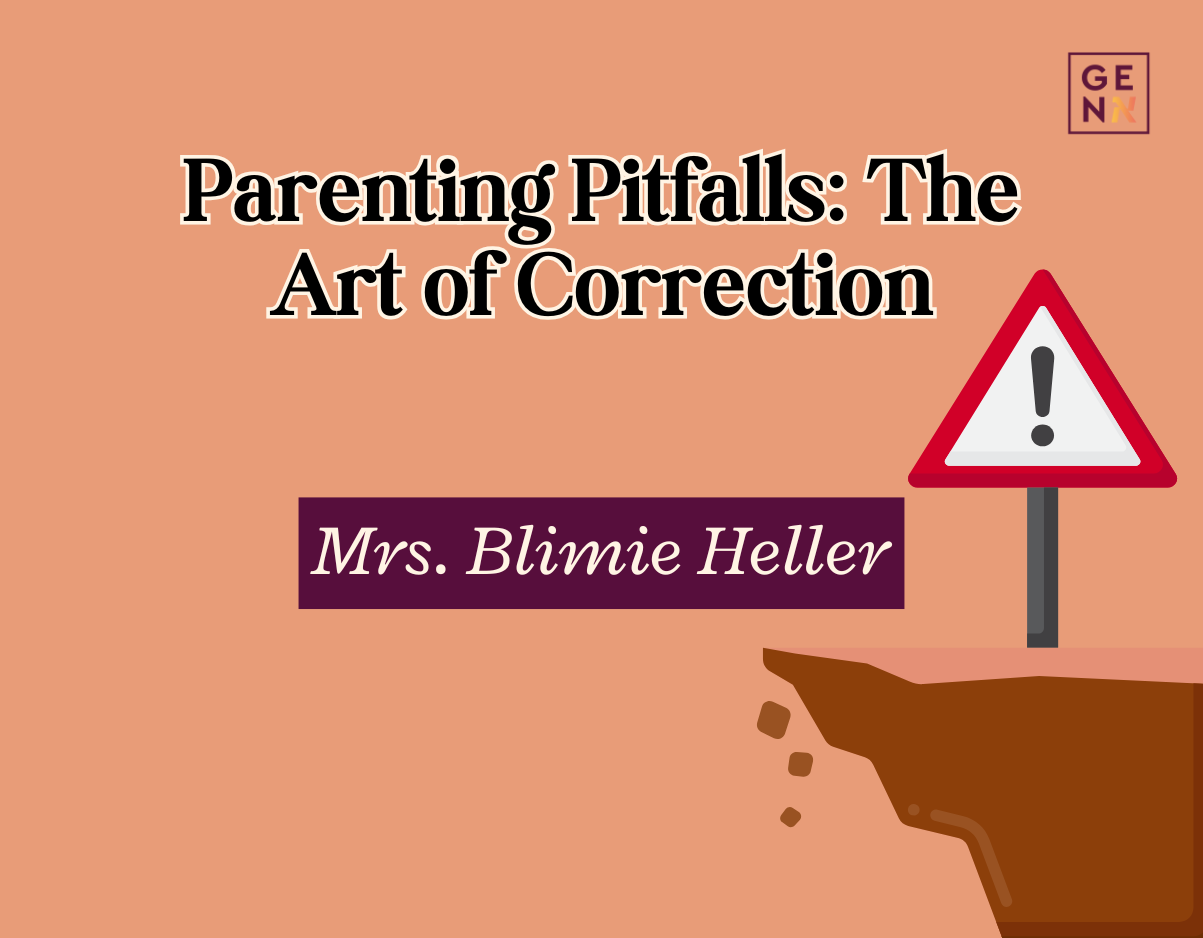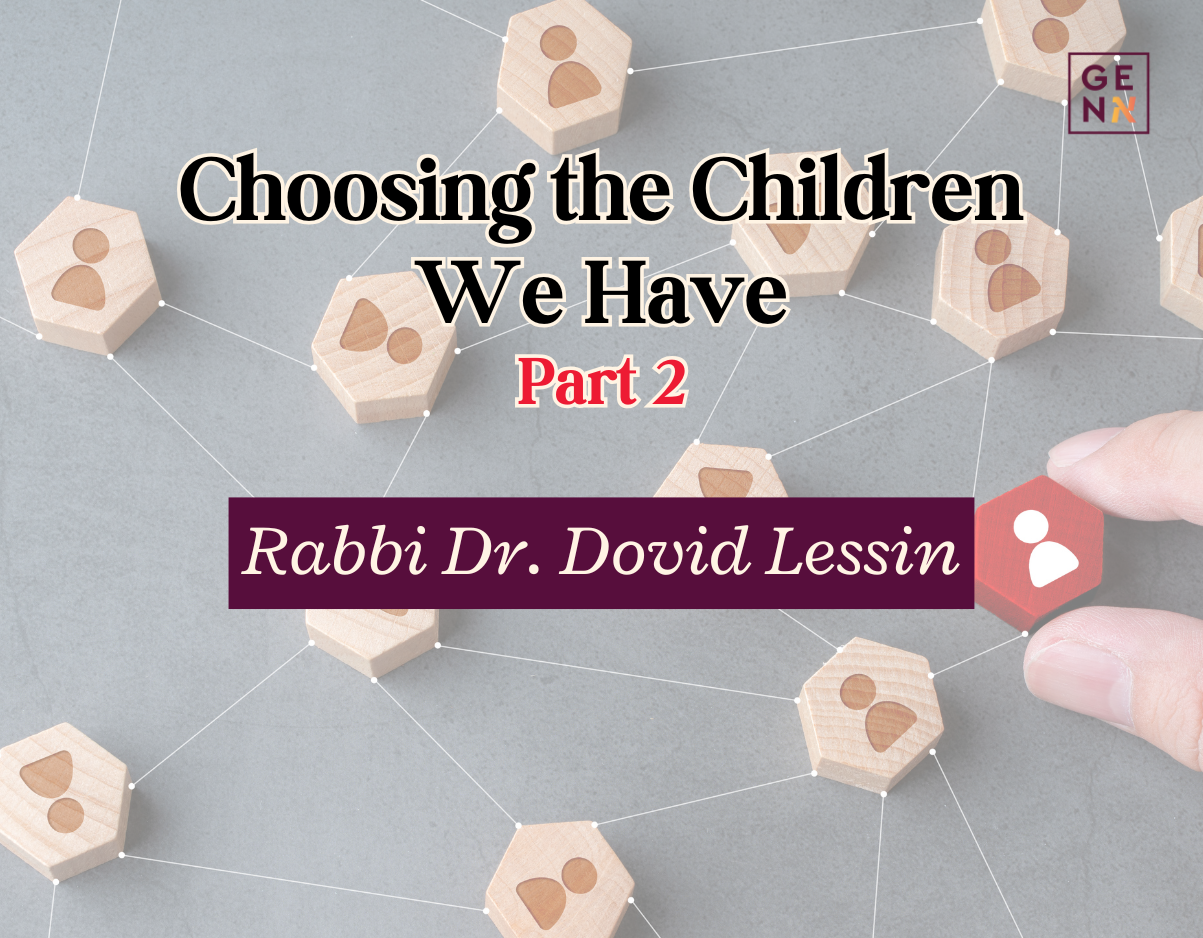As parents, our journey involves guiding our children to learn from their actions and choices. It’s a delicate balance to strike, as we want to ensure that our approach is both effective and nurturing.
In our well-intentioned attempts to correct our children’s behavior, we sometimes resort to admonishment that might unintentionally undermine our efforts and make it harder for our children to learn from their mistakes. Those moments when we exclaim, “I can’t believe you did that!” or lecture them sternly on how wrong they were for doing what they did, can potentially lead them to feeling like their sense of goodness is under threat. When we ask, “How would you feel if someone did that to you?” we might inadvertently close the door to open communication and growth.
It’s interesting to observe that when our children perceive their inner sense of goodness under threat, their natural response might be to shut down, become defensive, or even feel overwhelmed by shame. You might hear them saying, “I don’t care,” or “It’s not true. I didn’t do it.” They might even express feelings of self-condemnation with statements like “I’m so bad” or “You don’t like me.”
These reactions stem from a deep place of hurt and when they’re in that state, it’s incredibly challenging for them to genuinely reflect on their actions and its impact on others. It appears that, as humans, we find it difficult to confront our own mistakes when they threaten our sense of inherent goodness.
This sense of knowing we are good at our core lies at the heart of accountability and personal growth, both for children and for us, as parents. It’s the foundation upon which change can truly occur.
I believe that acknowledging the goodness that resides within our children, even in the midst of their missteps, holds the key to helping them recognize the consequences of their behavior. It is this acknowledgment that can inspire them to mend the damage and develop new strategies moving forward.
So, how can we effectively correct our children’s behavior while nurturing their sense of goodness? First and foremost, we want to recognize that every behavior our children display is an attempt to meet needs. These needs, driven by the instinct Hashem put in us to nurture life, are fundamentally “good.” However, the strategies we choose to meet those needs might not be. Some strategies can really hurt others or ourselves.
For example, the need for food is good because it nurtures life. However, if I steal food, then my strategy to get my need for food met is quite hurtful.
Therefore, peeling back the layers and understanding the underlying motivations (needs) behind our children’s behavior, gives them the felt sense that their goodness is being seen. We can do this by first guessing the need that was driving their actions. For instance, if a child hits another child, we can gently inquire, “Were you feeling angry because you wanted your brother to listen to you? I understand how frustrating that can be.” From this place of understanding, we can then explain that while the need for being heard is valid and even beautiful, hitting isn’t an okay way to communicate. We can then ask “If you’re angry because you aren’t being heard, what’s a different way you can let him know that?”
This approach fosters connection and helps them find alternative, more respectful strategies to get their needs met.
Similarly, when your child repeatedly bothers their siblings, you might say, “Is this your way of having fun because you’re feeling bored?” Acknowledging their need (play/stimulation), you can then guide them to comprehend that everyone’s feelings and needs matter, including their siblings’. This is a perfect opportunity to teach them about compromise and finding activities that bring joy to everyone.
Remember, this approach extends to ourselves as parents as well. For instance, if you catch yourself yelling at your children out of stress, instead of berating yourself, you can reflect, “I was probably overwhelmed and needed some space. I regret yelling. I feel sad that I did.” This self-awareness is crucial. From there, you can plan to adopt better strategies for future moments of stress. “Next time I’m feeling overwhelmed and really needing space, how else can I care for myself in a way that respects my children?”
Ultimately, the essence of this approach lies in recognizing that when we act in ways that hurt others or ourselves, it’s not because we’re bad people. It’s because we’re trying to meet a need and we didn’t find an effective and respectful way to do that yet in the moment. Let’s remember that for our kids and for us. We’re all still learning how to effectively navigate tricky moments and I believe that’s okay. With compassion, we can learn and grow.
Wishing you a parenting journey steeped in compassion and growth.
Blimie
____________________________
Blimie Heller is a Parenting Coach, lecturer and founder of Unconditional Parenting.
Blimie can be reached via her website: https://www.blimieheller.com
Submit your questions
"*" indicates required fields











